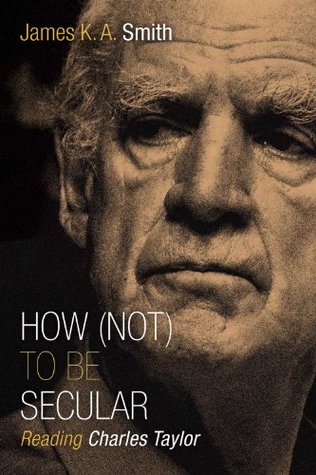In classical or medieval accounts, the “secular” amounted to something like “the temporal” — the realm of “earthly”33 politics or of “mundane” vocations. This is the “secular” of the purported sacred/secular divide. The priest, for instance, pursues a “sacred” vocation, while the butcher, baker, and candlestick maker are engaged in “secular” pursuits.34 Following Taylor, let’s call this secular1 (Secular Age, pp. 1-2).
Welcome back. Just a moment while we sign you in to your Goodreads account.


